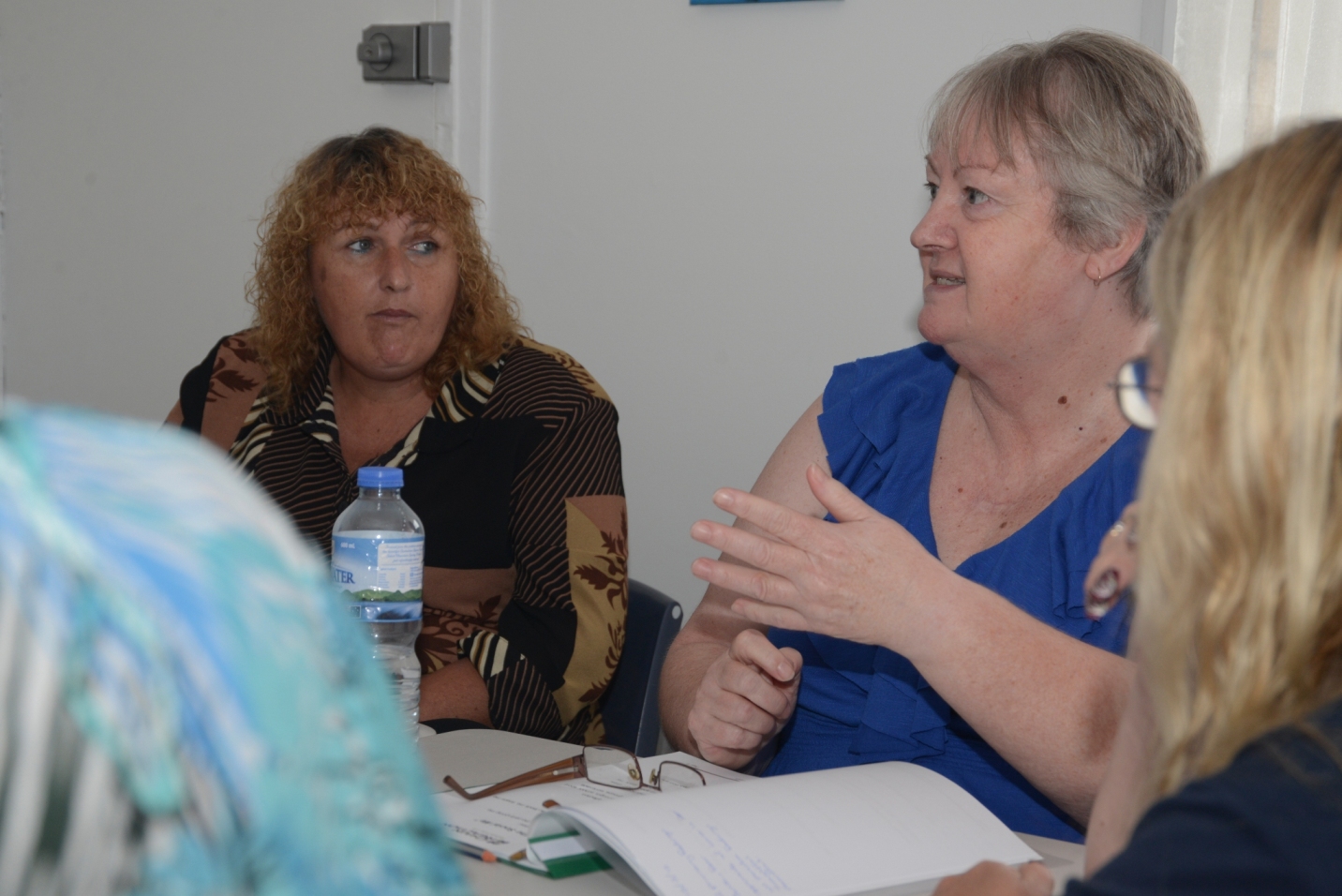The Danger of showing our true selves at work. - Part 2
How we behave
This post is part two in a series examining workplace culture and how identities, personalities, and many of the realities of our selves are repressed and hidden at work. If you haven't already had the chance, take a look at the first post in this series, centring on "being truly me".
We are examining how we behave in the workplace, and how the particular dynamics and cultures that operate within separate teams contribute to the psychological climate of the space. This "psychological climate" is such a big part of life for millions of people across Australia, and its positive or negative implications can be huge.
A positive team and the freedom to be ourselves
What do I mean by that? Well, almost all of us have worked in a team or other unit over the course of our careers. Perhaps some of these teams were great, with each member supporting the others, and everyone communicating clearly, effectively, and respectfully.
But perhaps other teams were not quite so successful. Perhaps the teams became environments of bullying and aggression. Perhaps they become marred by exclusion, or by negative behaviours, or by selfish behaviours acted out against the interests of the broader group or organisation.
The dangers of negative group dynamics
These negative dynamics are not isolated either. For women, as many as 1 in 3 mental disorder claims stem from bullying and aggression at work, while for men the figure is 1 in 5. Not all bullying comes from a team dynamic, but a negative psychological climate within a team provides a fertile space for breeding this kind of behaviour, and for establishing a culture of bullying within a workplace.
Even if the issue does not get as far as bullying, team dynamics are still an important concern. In his article for the Huffington Post, app developer Simon Confino spoke to author Frederic Laloux about the psychology of the workplace. The pair discussed how everyone "yearns" work within a team with the right dynamic; with a positive culture.
And of course this is true, but it is our own behaviour that makes this happen. We need to support our fellow team members, care for their psychological needs, and work constructively together. We can only expect these courtesies and concessions to be made for us if we are willing to do the same for others. Only then will we be able to work in a hate-free zone, an environment free from bullying and harassment, protected from negative culture, and in which we can show ourselves as the best we can be.
Margaret Bell, AM - Founder and CEO of Chain Reaction Foundation.
| Website | Donate to our Purple Heart Appeal | Contact Us | Purchase the Book |

